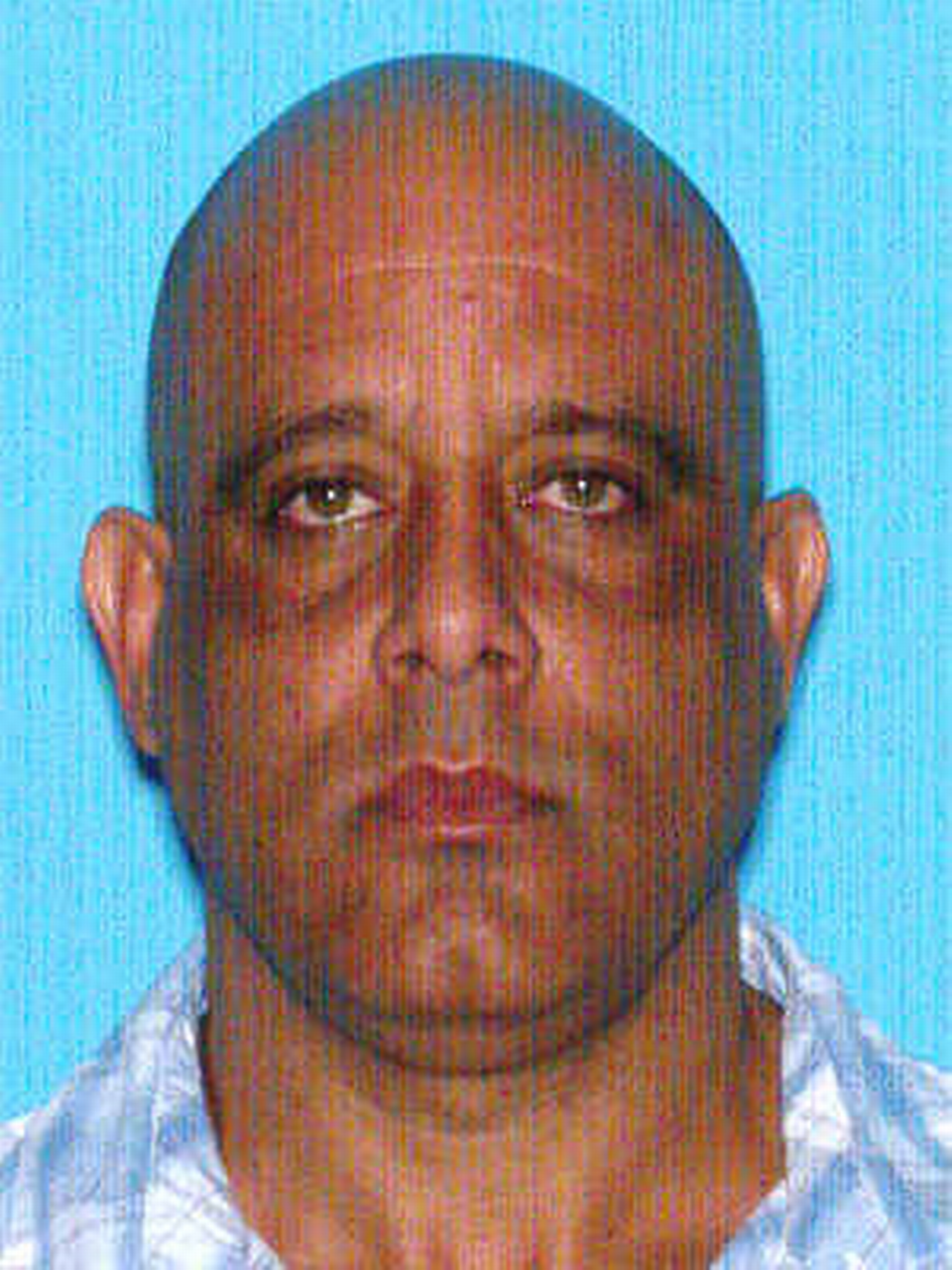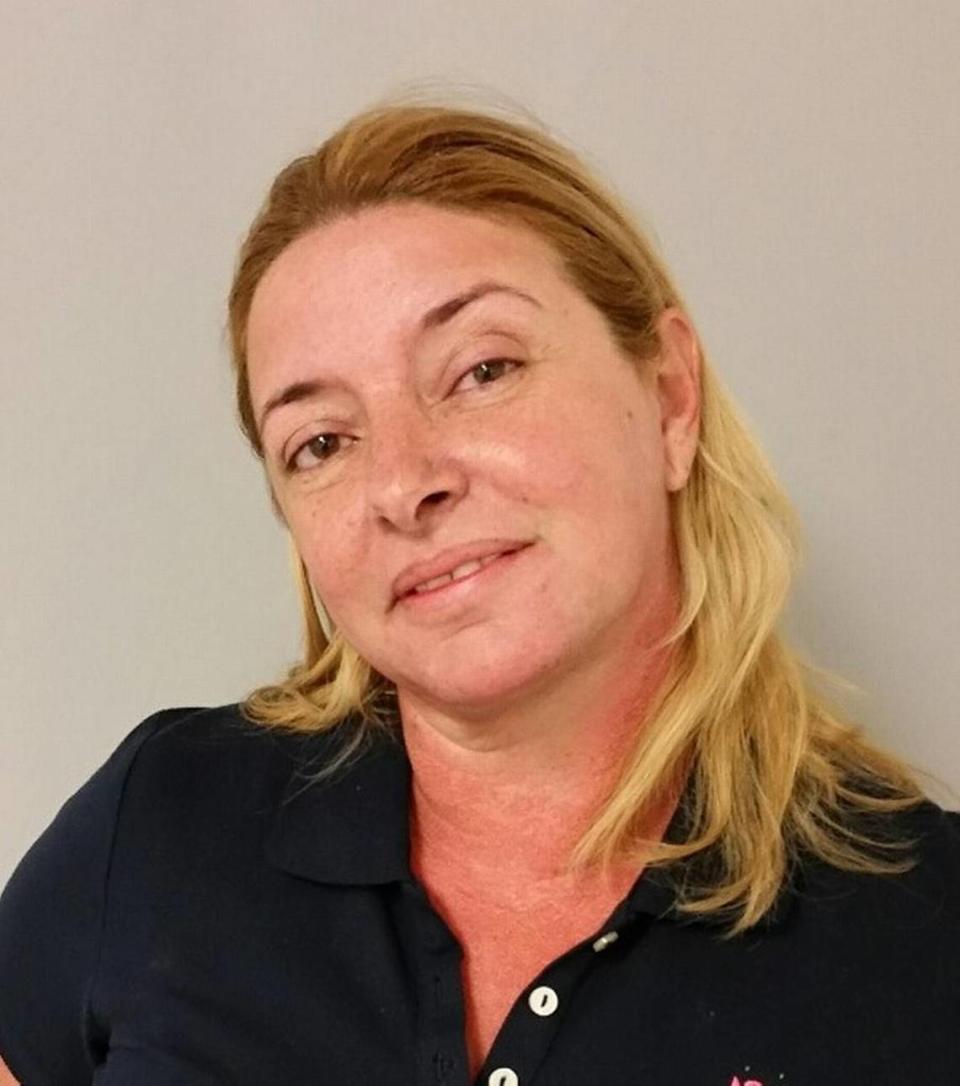A Medicare fraudster who escaped to Cuba gets his sentence in Miami a decade later
A decade ago, Ariel Nunez Finalet played a supporting role in a Miami-area racket that used local pharmacies to submit about $17 million in phony prescription drug claims to Medicare for patients who got kickbacks for medicine they didn’t need.
Nunez and four others in the ring fled to Cuba with millions fleeced from the taxpayer-funded program to avoid a federal indictment and “live like a king,” according to prosecutors. His share of the Medicare ripoff: more than $500,000.
But on Friday, the former fugitive, who was arrested in November and pleaded guilty to a healthcare fraud conspiracy in January, was sentenced to three years by U.S. District Judge Kathleen Williams. She said Nunez, 58, “participated in a scheme that corrupted the healthcare industry.”
Williams also credited Nunez with the eight months he was jailed in Spain as he awaited extradition last year to Miami. In addition, she ordered him to pay back Medicare $1.9 million — the amount that the health insurance program had paid to a Hialeah pharmacy of which he was the registered owner and to another pharmacy in Southwest Miami-Dade where he compensated recruiters of patients.
At his sentencing Friday, Nunez apologized for stealing from the U.S. government while saying that his life as a fugitive in Cuba turned into a “hell” after he was imprisoned there for laundering his dirty Medicare profits.
‘Live like a king in Cuba’
In a court filing notable for its candor, Nunez is portrayed by the U.S. Attorney’s Office as the prototypical Medicare fraud offender — one of hundreds of Cuban immigrants who have come to Miami and exploited the U.S. health insurance program for senior citizens and the disabled by stealing millions and then returning to their homeland to evade justice.
“As the court is well aware, health care fraud is sadly endemic to South Florida ,” federal prosecutor Jospeh Egozi wrote in a sentencing memo as he sought about 3 1/2 years of prison for Nunez. “Many of those fraudsters are Cuban nationals who flee to Cuba — including this defendant and two fugitive leaders of this conspiracy — and rarely are those fugitives held accountable for their crimes.
“As soon as they get word of payment suspension or a federal investigation, within a few hours they can take their proceeds offshore, protected from extradition to the United States due to the lack of diplomatic relations with Cuba,” Egozi wrote in the memo.
“The defendant here made that exact choice,” he added. “After the Medicare money stopped flowing in 2015, [Nunez] gambled that he could live like a king in Cuba without accepting responsibility for his crimes, unlike around a dozen of his co-defendants [in the indictment] that the court [has] sentenced since 2016.”
Nunez’s defense attorney, Jose-Carlos Villanueva, said his client already spent 3 1/2 years in a Cuban prison and another eight months in Spanish custody before his extradition to Miami last year — time that should be applied to his punishment for his Medicare fraud conviction. At Friday’s hearing, the lawyer asked for one year of prison for Nunez. The judge sharply disagreed with that proposal, but did give Nunez credit for his custody in Spain.
In a court sentencing memo, he said Nunez “is sincerely remorseful for his criminal conduct and wholly realizes the impact [of] his poor decision to become involved in this criminal conduct and the effect it will have upon his family and future.”
Former Hialeah pharmacy owner
Nunez, the former registered owner of Lily and Rosy Pharmacy in Hialeah who also worked for Azul Pharmacy Corp. in Southwest Miami-Dade, was indicted along with 17 others in the Medicare drug scam in April 2016. The two businesses were among the ring’s 10 Miami-Dade pharmacies used to bilk Medicare, the indictment says.

In his role, Nunez withdrew cash from the Lily pharmacy’s corporate bank account in increments of less than $10,000 to avoid reporting requirements and gave some of that money as kickbacks to patient recruiters and Medicare beneficiaries, Egozi wrote in the sentencing memo. But by the time the indictment was filed, Nunez had already fled to Cuba through Mexico by paying for fake Mexican citizenship papers.
According to translated Cuban court records, Nunez began laundering Medicare fraud proceeds into Cuba as early as 2015. Over the next two years, he used those proceeds to vacation to Russia and buy luxury cars and properties in Cuba, where he lived an “ostentatious lifestyle,” Egozi wrote in the memo.
On July 4, 2017, Cuban intelligence authorities arrested him on money-laundering charges based on those luxury purchases and financial transactions designed to hide the illicit origin of funds. Cuban authorities had learned about his healthcare fraud case in Miami from an Interpol red notice that was issued for his arrest in March 2017.
Nunez was detained in Cuba, found guilty of money laundering at trial, and sentenced to eight years in prison in 2018. Three years later, his eight-year sentence was reduced to probation. In 2022, Nunez moved with his family to Mexico, and the following year, they traveled to Spain. Nunez was then arrested on the Interpol’s red notice and eventually extradited to Miami last year.
Grandmother is fugitive
Four other defendants charged in the original indictment remain fugitives from justice, according to the FBI and Health and Human Services-Office of Inspector General. They are the pharmacy ring’s two leaders, Pedro Torres and Antonio Hevia, as well as Dora Robaina and Mario Saul Lay.
Robaina, a grandmother, had already served two years in a previous 2005 Medicare fraud case before rejoining Miami’s healthcare rackets as a patient recruiter. In 2011, she was among a squad of recruiters who supplied Medicare beneficiaries to the chain of 10 Miami-Dade pharmacies controlled by Torres, who paid kickbacks from $16.7 million in Medicare proceeds for prescription drugs that were not provided to patients, according to the indictment.
In September 2015, a trio of FBI agents received a tip that Torres was at a Hialeah dental office and went there to arrest him. But Torres sneaked away when an office employee, Robaina, created a distraction. She shouted in Spanish that the suspect had run down the hallway and into the street.
The agents would never catch up with Torres or three of his partners in the pharmacy ring: Lay, Nunez and Hevia, who had a Medicare fraud conviction from 2005. Those four suspects slipped away before the indictment was filed in 2016.
Robaina, who shared a North Bay Village residence with Torres, disappeared sometime that spring — after her lawyer obtained a delay from a federal judge to surrender to prison on her accessory conviction stemming from the dental office incident.

Robaina, who had been ordered to surrender on May 10, 2016, asked for an extension because her grandson’s birth was due 10 days later. U.S. District Judge Donald Middlebrooks allowed her to surrender on June 10, 2016.
Middlebrooks’ extension — along with a low bond Robaina had received from a different judge for her role as a patient recruiter in the main pharmacy case — was rare in light of the historic crackdown by South Florida’s federal bench and prosecutors on Medicare offenders, especially those with ties to Cuba that could easily flee.
And, as has happened before in some cases, Robaina vanished.
FBI agents who track such fugitives suspected that Robaina and the four others absconded to Cuba.
More than 100 on the lam
The FBI’s field office in Miami estimates there are more than 100 defendants on the lam from active Medicare fraud cases in South Florida. Together, the fugitives are accused of stealing hundreds of millions of dollars from the Medicare program by submitting false claims for a variety of bogus services, including medical supplies, physical therapy and prescription drugs.
Almost all of the fugitives are Cuban-born immigrants who fled to Cuba, Mexico, the Dominican Republic and other Spanish-speaking countries to evade federal trials. With the exception of Cuba, several foreign countries with U.S. extradition treaties have assisted federal authorities in capturing and returning the Medicare fraud fugitives.
But most of the time, the FBI simply catches a break when the fugitives try to come back to the United States, mainly through Miami International Airport.

